Posted on 8/22/2024
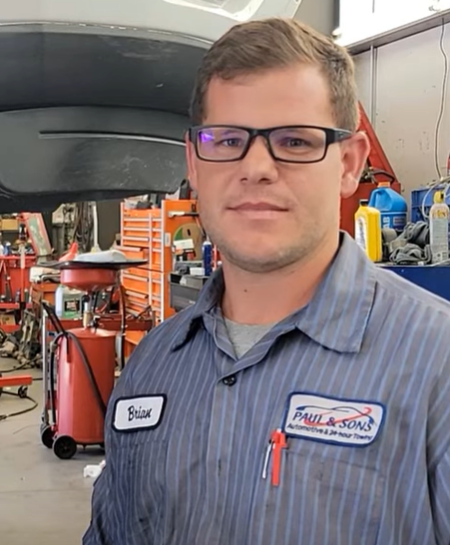
When you decline a vehicle repair, it often means that an underlying issue remains unresolved. Over time, this issue can worsen and lead to additional problems. Here’s why this happens: Progressive Damage: Some vehicle issues, like a failing transmission or worn-out brakes, can deteriorate over time if not addressed. This can lead to more severe damage and costly repairs. Compounding Problems: Unresolved issues can affect other parts of your vehicle. For instance, a small oil leak can lead to engine damage if not fixed. Increased Wear and Tear: Neglecting necessary repairs can lead to increased strain on other components, causing them to wear out faster. Safety Risks: Certain issues, such as brake or steering problems, can become more dangerous if left unaddressed, potentially compromising your safety. Addressing repairs promptly helps prevent these cascading effects and ensures your vehicle remains reliable ... read more
Posted on 8/22/2024
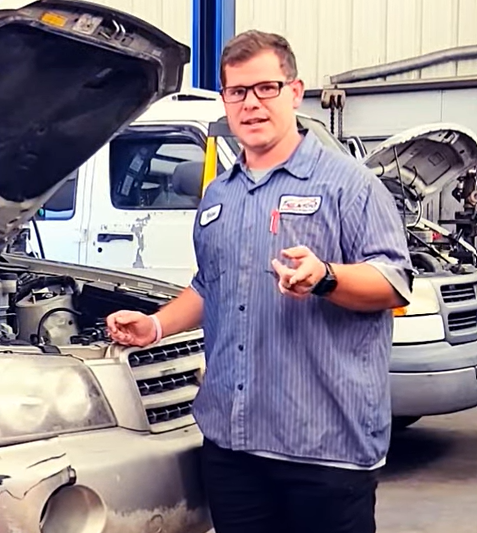
Servicing your vehicle on time is crucial for several reasons: Safety: Regular maintenance helps ensure that all safety systems, such as brakes, tires, and lights, are functioning correctly, reducing the risk of accidents. Performance: Timely servicing keeps your vehicle running smoothly, enhancing overall performance and fuel efficiency. Longevity: Routine maintenance can prevent major issues and extend the lifespan of your vehicle by addressing wear and tear before it leads to significant damage. Cost Savings: Preventative maintenance is often less expensive than major repairs that result from neglected issues. Resale Value: A well-maintained vehicle typically has a higher resale value, as it demonstrates that it has been cared for properly
Posted on 8/16/2024
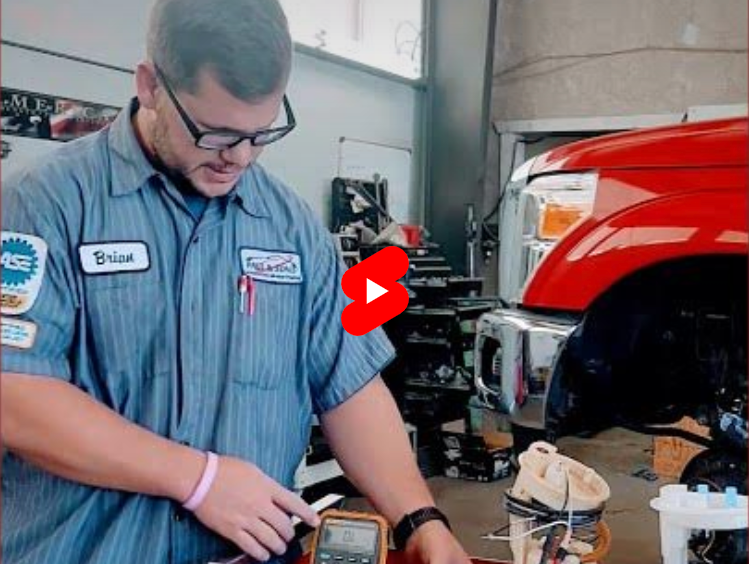
Faulty Fuel Sender Unit: This unit, located in the fuel tank, sends the fuel level information to the gauge. If it fails, the gauge may read incorrectly or not at all. Bad Fuel Gauge: The gauge itself might be malfunctioning or have an electrical issue. Wiring Issues: Damaged or loose wires between the fuel sender and the gauge can cause problems. Blown Fuse: A fuse related to the fuel gauge system might be blown. Grounding Issues: Poor grounding can disrupt the signal and affect gauge readings
Posted on 8/13/2024
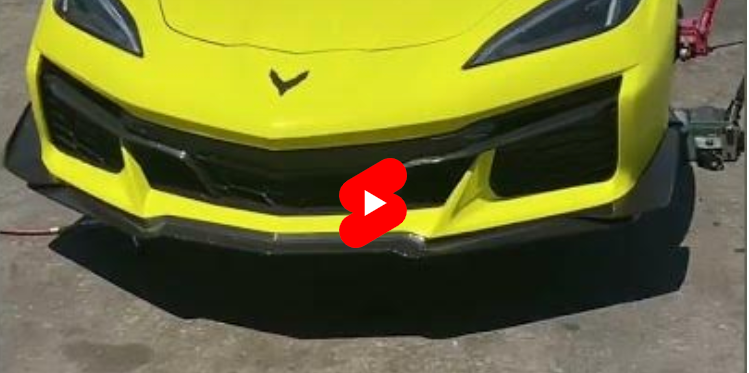
At A&L Tire Company, located at 317 W. Inyokern Rd, we specialize in premium tires and wheels for exotic vehicles. Enhance performance and style with our top-notch services tailored to your high-end ride. From custom wheel fittings to precision tire installations, trust us to keep your exotic vehicle in peak condition. Drive with confidence and sophistication—visit us today! A&L Tire Company 317 W. Inyokern Rd Your destination for excellence in exotic vehicle care.
Posted on 8/7/2024
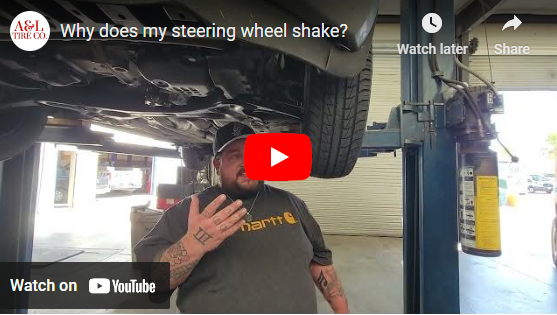
A separated tire, where the tread or internal components start to detach from the tire itself, can exhibit several noticeable symptoms: Vibration: You may experience unusual vibrations or a rough ride, particularly at higher speeds, due to the imbalance caused by the separation. Noise: There could be a pronounced thumping or flapping noise from the tire as it rotates, which can be caused by the detachment of the tread or internal layers. Visual Damage: Look for visible signs of separation, such as bulges, bubbles, or distorted areas on the tire's surface. Tread may appear uneven or peeling away from the sidewalls. Handling Issues: The vehicle might exhibit poor handling, pulling to one side, or unstable steering, as the tire's performance deteriorates. Increased Heat: The tire may overheat more quickly, leading to potential blowouts if the separation is severe. Loss of Pressure: You might notice a gradual loss of air pressure due to the separation affecting the tire&rsquo ... read more
Posted on 8/5/2024
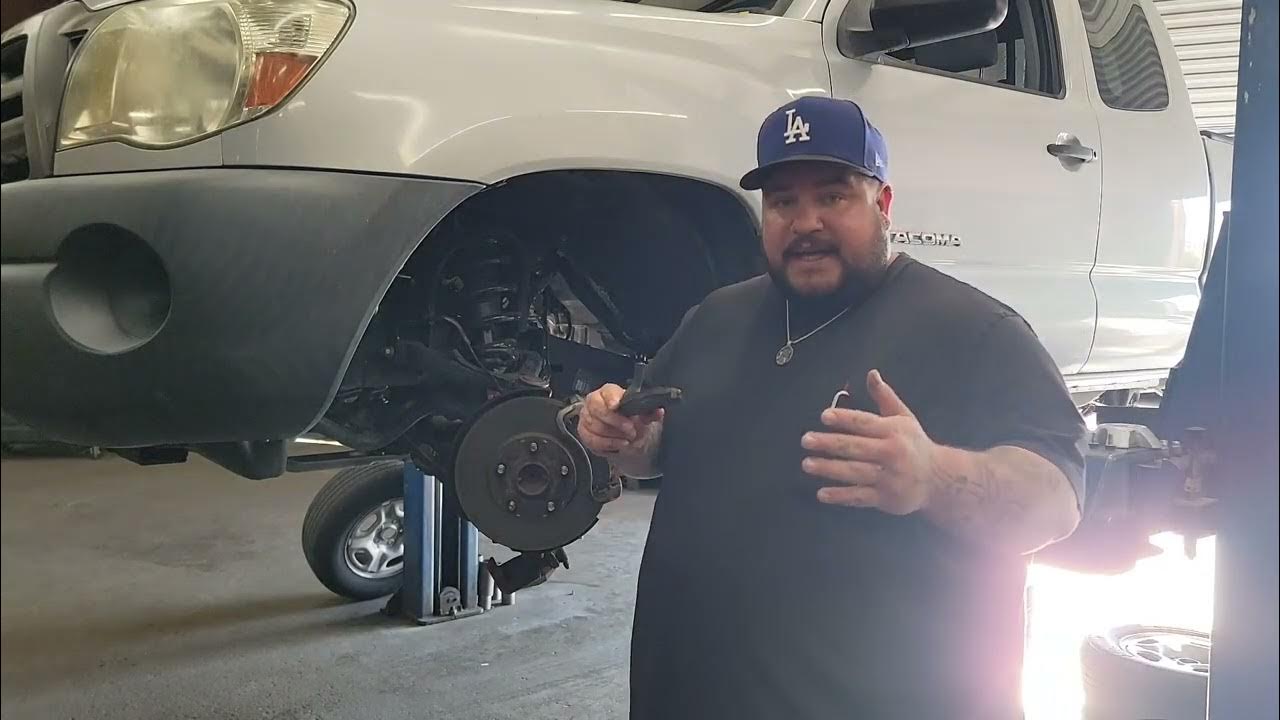
Brakes can squeak for several reasons: Dust and Debris: Dust or debris between the brake pads and rotor can cause squeaking. Cleaning the brakes can help. Wear and Tear: Worn-out brake pads or rotors can cause noise. If they’re too thin, they may need replacing. Glazed Pads or Rotors: Overheating can cause the brake pads or rotors to become glazed, leading to squeaking. Resurfacing or replacing these components might be necessary. Lack of Lubrication: The brake caliper slides or contact points might need lubrication. Brake Pad Material: Some brake pads, especially those with metallic or semi-metallic compounds, can be noisier. If the squeaking persists, it’s a good idea to have a professional inspect your brakes to ensure everything is functioning properly. #automobile #automotive #offroad #tireshop #brakepads #brakerepair #mechanic
Posted on 7/30/2024

There are several potential reasons why your battery might be dying quickly: Battery Health: Over time, batteries degrade and lose their ability to hold a charge. If your battery is old, it might need to be replaced. Background Apps: Some apps might be running in the background and consuming a lot of power. Check your battery usage settings to see if any apps are using an excessive amount of power. Screen Brightness: High screen brightness or prolonged use of the screen can drain the battery quickly. Reducing the brightness or enabling adaptive brightness might help. Connectivity Issues: Constantly searching for Wi-Fi, Bluetooth, or cellular signals can drain the battery. Turning off unused connections can improve battery life. Software Issues: Sometimes, software bugs or glitches can affect battery performance. Make sure your device’s software is up to date. Battery Calibration ... read more
Posted on 7/19/2024

There could be several reasons why your car won't start. Here are a few common issues: Battery: Check if the battery is dead or weak. If you hear a clicking sound when you turn the key, it might indicate a low battery. Fuel: Ensure there's enough fuel in the tank. Sometimes, the fuel gauge might not be accurate. Ignition System: Problems with the ignition switch, starter motor, or spark plugs can prevent the car from starting. Fuel System: Issues with the fuel pump or fuel injectors can also cause starting problems. Electrical Issues: Faulty wiring, blown fuses, or problems with sensors could be preventing the car from starting. Mechanical Issues: Issues with the engine, such as a seized motor or a broken timing belt, could also be the cause. To diagnose the exact problem, you may need to check these components or have a mechanic inspect your car
Posted on 7/18/2024

How do I know if I need new shocks? Determining if you need new shocks (or struts, which are similar components) involves checking for several signs of wear and performance degradation: Ride Quality: If you notice a significant change in how your vehicle rides—such as increased bouncing, excessive vibration, or a rougher ride over bumps—it could indicate worn shocks. Handling Issues: Worn shocks can lead to poor handling characteristics. You may experience excessive body roll during turns, nose-diving when braking, or instability at higher speeds. Uneven Tire Wear: Shocks help maintain proper tire contact with the road. If you notice uneven tire wear patterns, especially cupping (where the tread wears unevenly in patches), it could be due to worn shocks. Leaking Fluid: Visible fluid leaking from the shock absorbers or struts is a clear sign of internal damage and indicates they n ... read more
Posted on 7/11/2024
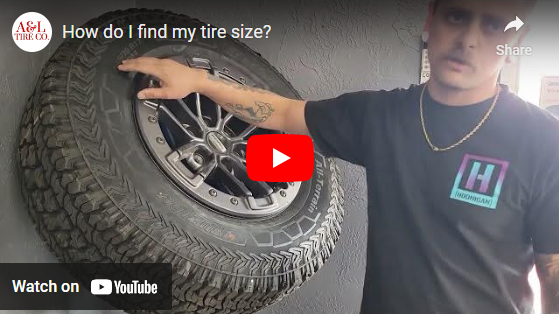
To find your tire size, you can typically locate it on the sidewall of your tire. Look for a series of numbers and letters that indicate the tire size and specifications. Here’s how to read it: Example Format: P215/65R15 95H P: This letter indicates the tire type. "P" stands for passenger vehicle tires. Other letters you might see include "LT" for light truck tires or no letter for Euro-metric tires. 215: This number is the tire width in millimeters, measured from sidewall to sidewall. 65: This number is the aspect ratio, which is the ratio of the tire's height to its width. It represents the sidewall height as a percentage of the tire's width. R: This letter indicates the construction type of the tire. "R" stands for radial construction, which is the most common type for modern tires. 15: This number is the diameter of the wheel rim in inches. ... read more